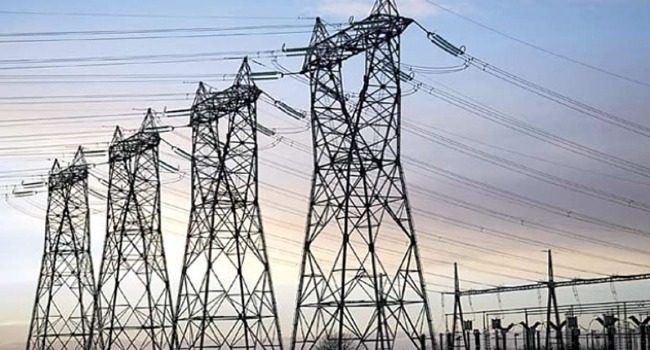ECOWAS mute stain measures including force to restore civil rule; Nigeria halts electricity supply to Niger Republic; US, European countries evacuate nationals
The prospect of an all-out regional conflict in the Sahel grew late Monday when both Mali and Burkina Faso announced that any move by a foreign power to directly undermine Niger’s ongoing coup would be deemed a “declaration of war” against their own countries.
Their position is not unconnected with the Economic Community of West African States (ECOWAS), promised on Sunday to take “all measures necessary” to reinstate ousted Nigerien President Mohamed Bazoum if he is not back in power by the end of the week. Already, the bloc has imposed sanctions on Niger—suspending all transactions between the coup-struck nation and ECOWAS member states—as well as frozen all Nigerien assets in regional central banks.
The military coup in Niger has been widely condemned by its neighbours and international partners who have refused to recognise the new leaders and have demanded that Bazoum be restored to power.
West Africa’s regional bloc has condemned the coup. The Economic Community of West African States has suggested the use of force unless Bazoum is reinstated by the end of this week. ECOWAS military chiefs held a meeting on Wednesday.
Bazoum has not been seen in public since Wednesday when he was confined within the presidential palace, although the European Union, France and others say they still recognise him as the legitimate president.
The European Union and France have cut off financial support to Niger and the United States has threatened to do the same.
The Nigerian government has taken the decision to halt power supply to its neighboring country. This move comes as part of the sanctions proposed by the Economic Community of West African States (ECOWAS) in light of the coup that ousted democratically elected President Mohamed Bazoum.
The electricity organisation of Niger, Nigelec, has confirmed the disruptions and attributed them to Nigeria’s suspension of power supply.
Niger Republic, which typically experiences a stable electricity supply, heavily relies on Nigeria for its electricity needs. However, since the coup last week, several cities in Niger have been grappling with rolling blackouts, severely impacting the daily lives of citizens.
Reports suggest that the power cuts are the direct result of Nigeria’s decision to stop the flow of electricity to its northern neighbor. Residents in Niamey, Maradi, and Zinder have reported that power is now available for merely an hour before being abruptly shut off for up to five hours.
The electricity organisation of Niger, Nigelec, has confirmed the disruptions and attributed them to Nigeria’s suspension of power supply. However, when questioned, the Transmission Company of Nigeria has refrained from commenting on the matter.
A BBC source, though, disclosed that the power supply to Niger Republic was officially cut off following a directive from the Bola Tinubu-led government in Nigeria. The specific reasons behind the directive remain undisclosed.
The United States and some European countries have started evacuating their nationals from Niger amid mounting unrest in the West African state.
The US State Department on Wednesday announced it was ordering the temporary departure of non-emergency US government personnel and eligible family members from the US Embassy in Niamey.
France and Italy have begun flying their citizens out of Niger. More than 350 people have reportedly arrived in France. Japan says two of its nationals have also been evacuated.
The political situation in Niger Republic has been tense ever since President Bazoum was deposed by his own presidential guards stationed outside his palace. In the absence of a constitutional authority, Gen. Abdourahmane Tchiani, the commander of the presidential guard, has taken the reins of power and suspended the constitution.




